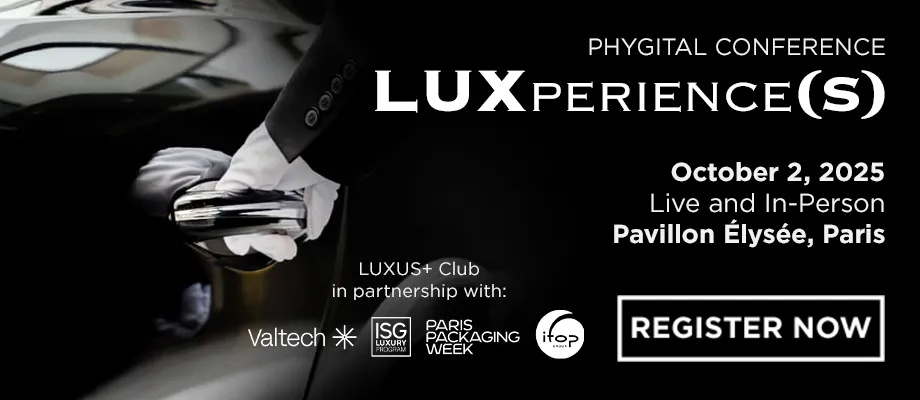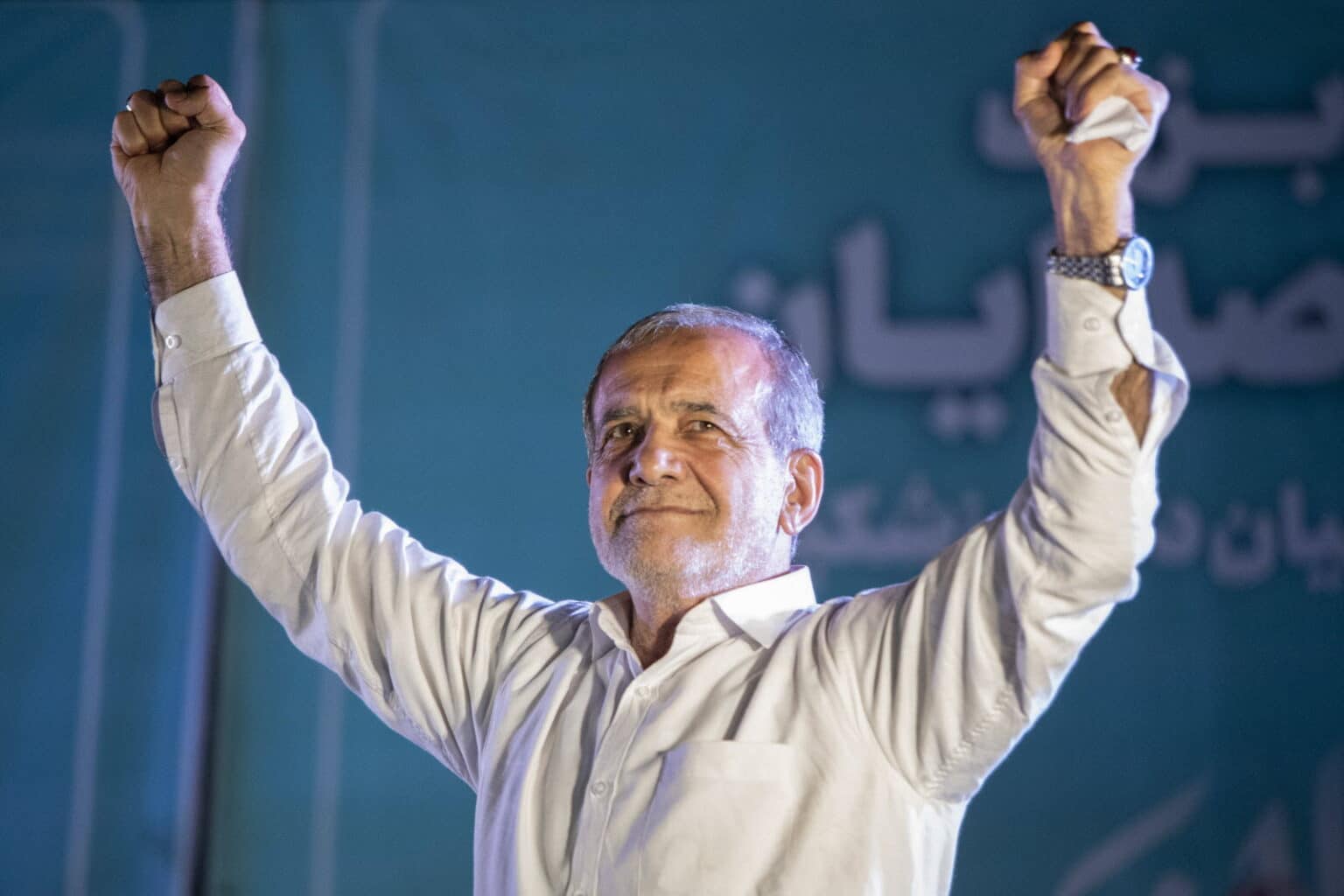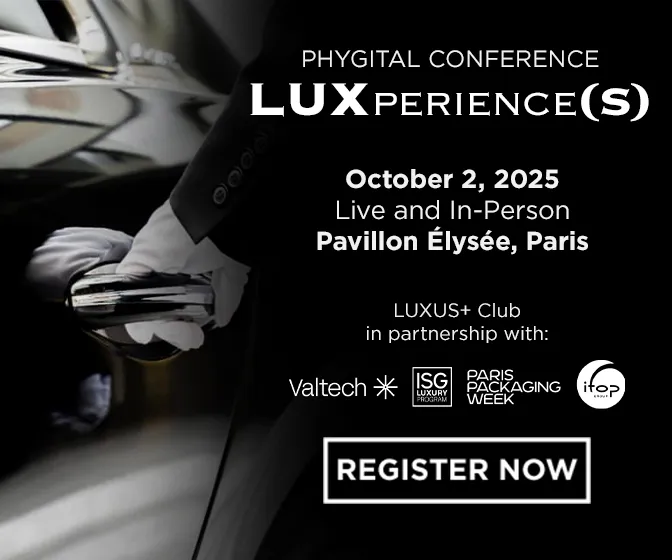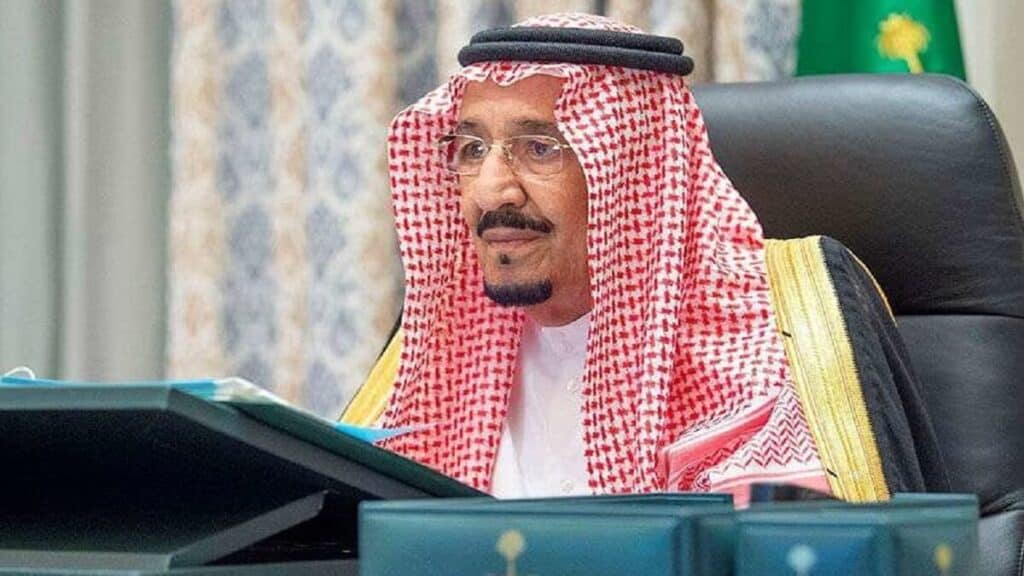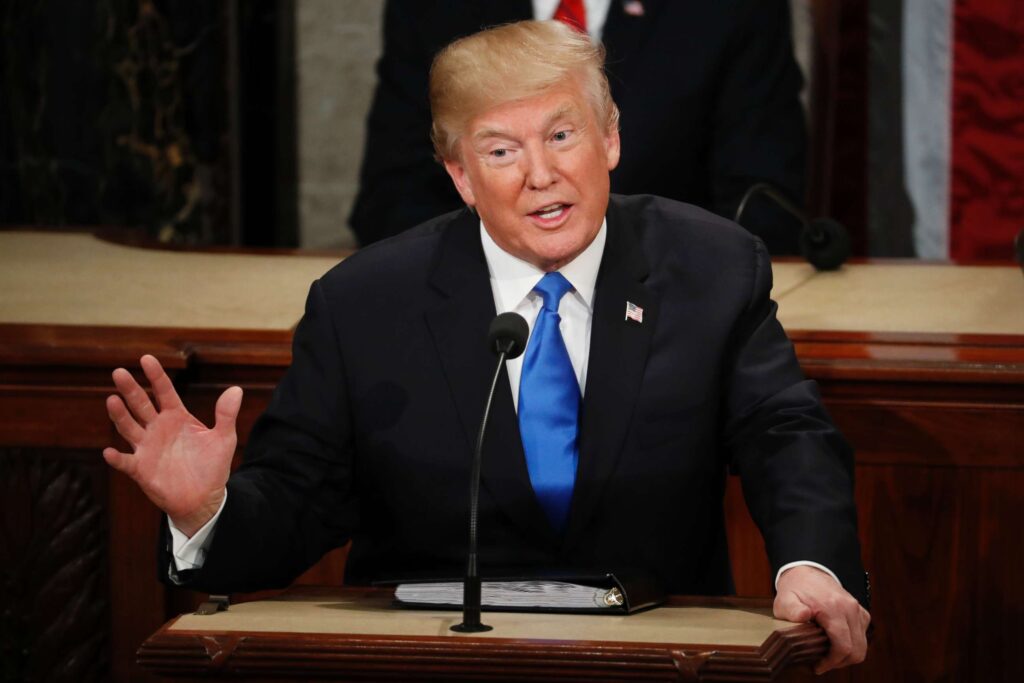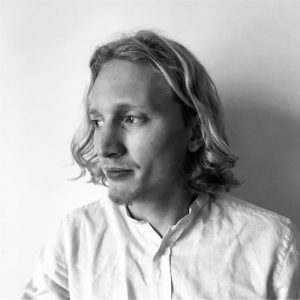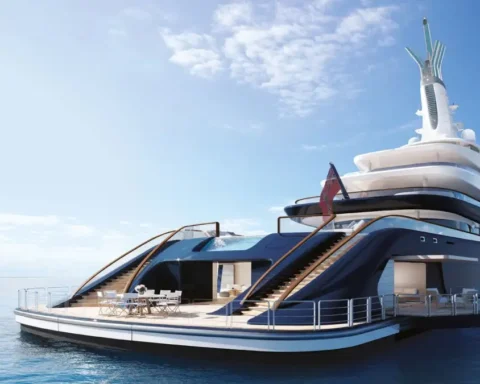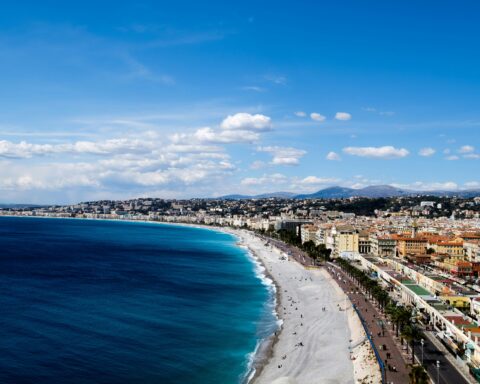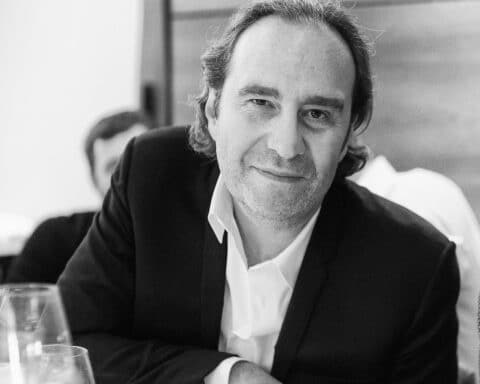On July 6, Massoud Pezeshkian was elected President of Iran, marking a victory for the reformist camp over the ultraconservative Saïd Jalili. The election comes against a backdrop of popular discontent and economic crisis. For its part, the international community is watching closely, hoping for changes in Iran’s relations with the West.
The reformist Massoud Pezeshkian was elected President of Iran in the second round of the presidential election, according to official results announced on Saturday July 6 by the Ministry of the Interior.
The MP from the Iranian city of Tabriz won over 16 million votes against 13 million for his opponent, the ultraconservative Saïd Jalili, out of a total of 30 million votes counted. The turnout was 49. 8%, indicating a moderate voter turnout.
The presidential election was organized quickly after the death of ultraconservative President Ebrahim Raissi in a helicopter accident on May 19. The election took place against a backdrop of popular discontent, largely due to an economy hit by international sanctions.
In his first statement after announcing his victory, Massoud Pezeshkian extended “the hand of friendship to everyone” and stressed the importance of collaboration for the country’s progress.
“We will extend the hand of friendship to everyone, we are all inhabitants of this country, we should use everyone for the progress of the country,” he declared.
The election was followed with great attention abroad due to the geopolitical crises involving Iran, notably the war in Gaza and the nuclear issue. Iran, a key player in the Middle East, frequently opposes Western countries, particularly the United States, its sworn enemy.
A breath of change
Massoud Pezeshkian, 69, has been endorsed by former presidents Mohammad Khatami and Hassan Rohani. His opponent, Saïd Jalili, 58, received the backing of Mohammad-Bagher Ghalibaf, the conservative Speaker of Parliament. Some opponents, both in Iran and in the diaspora, called for a boycott of the ballot, claiming that reformers and conservatives are two sides of the same coin.
In televised debates, the candidates discussed economic challenges, international relations, low voter turnout and Internet restrictions. Massoud Pezeshkian called for “constructive relations” with Washington and European countries to bring Iran out of its isolation. For his part, Saïd Jalili, opposed to the 2015 nuclear agreement, is known for his firm stance against Western powers.
Following the election results, Russian President Vladimir Putin congratulated the new president, hoping that the election would strengthen bilateral cooperation.
King Salman of Saudi Arabia expressed his “sincere congratulations”, while Indian Prime Minister Narendra Modi expressed his desire to work closely with Massoud Pezeshkian “to further strengthen our warm and long-standing bilateral relations in the interest of our peoples and the region”, he wrote on Twitter
Limited power
Despite his victory, Massoud Pezeshkian’s powers will remain limited, with political and diplomatic guidelines defined by the Supreme Guide, Ayatollah Ali Khamenei. In Iran, the presidency is primarily executive, implementing the directives laid down by the head of state.
Massoud Pezeshkian will also have to deal with a parliament with an ultraconservative majority, which votes on legislation and must approve the composition of the government.
The new president thus begins his term of office in a complex climate, with high expectations on the part of his supporters and major challenges to be met on the national and international scene.
Rebuilding the economy
Since 1979, the economy of the Islamic Republic of Iran has developed in parallel with sanctions. Although the latter have failed to transform the regime, they have prevented the formation of a middle class, curbed economic growth and strengthened the political elites who, in an authoritarian state, are best placed to circumvent them.
The election of Massoud Pezeshkian could change all that. The first reformist to become President of Iran since 2005 – Hassan Rohani, in power from 2013 to 2021, was considered more of a moderate – Massoud Pezeshkian will have to lead the country in striking a balance between the need to lift sanctions to attract investment and the desire to maintain a degree of economic independence.
After the easing of economic sanctions in 2016, Iran had indeed begun a harvest of contracts, notably for French groups. During Hassan Rohani’s visit to France the same year (the first by an Iranian president in seventeen years), 15 billion euros worth of commercial agreements were signed, including a colossal contract with Airbus for the purchase of 118 aircraft.
However, in 2018, the election of Donald Trump reinstated a severe embargo, leading to an unprecedented flight of foreign direct investment and disappointed ambitions, particularly on the part of luxury and beauty brands. In 2014, with its 80 million inhabitants, Iran was the second largest cosmetics market in the Middle East, behind Saudi Arabia, with sales exceeding 3.5 billion euros, according to Euromonitor data.
As Iran looks to Massoud Pezeshkian’s tenure with hope, Iran’s energy policy will be crucial to the country’s economic future. With some of the world’s largest oil reserves, decisions taken in Tehran will have global repercussions.
Investors and analysts will be keeping a close eye on developments, as they will influence not only the Iranian economy, but also the dynamics of the international oil market.
Read also>The race for the White House has begun, but who will emerge victorious?
Featured photo : © Sipa/Pacific Press/Sobhan Farajvan

